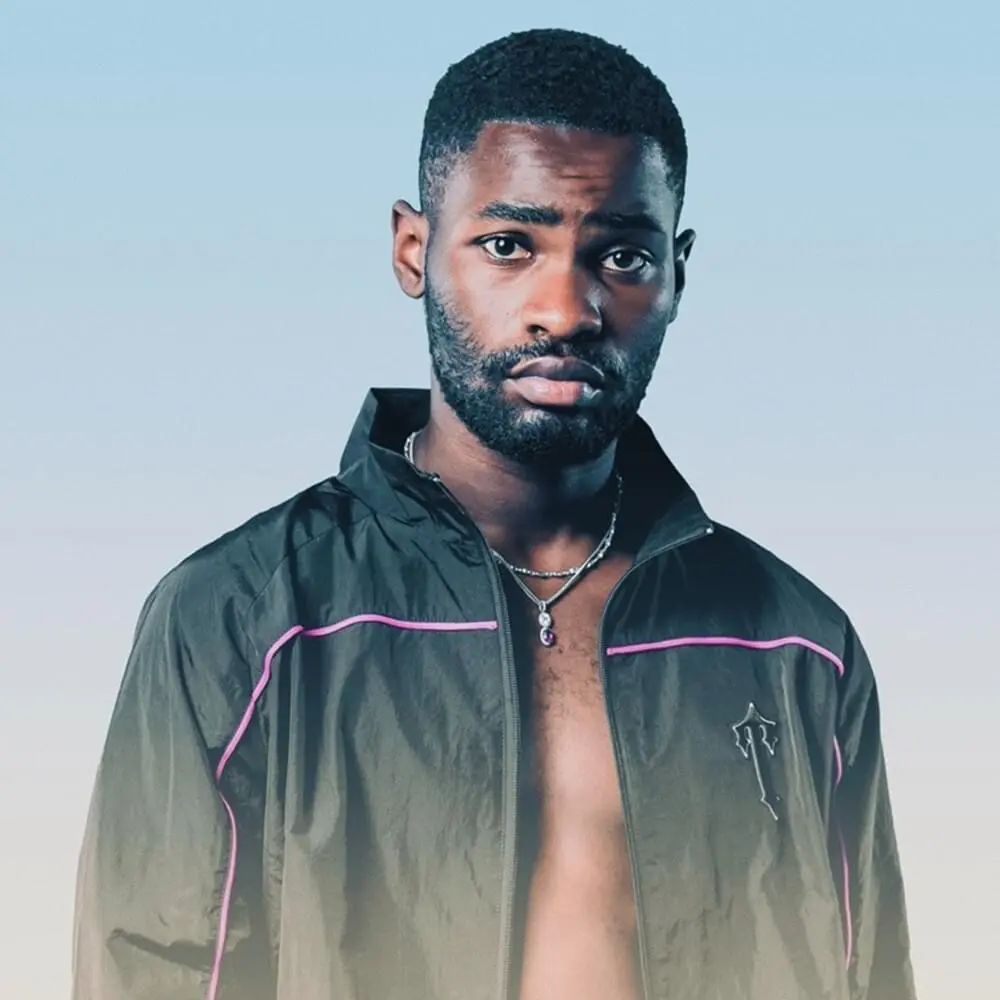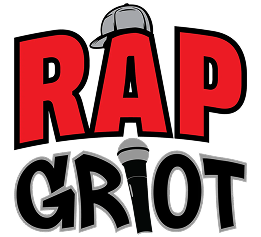
Dave, born David Orobosa Omoregie in 1998 in Brixton, South London, grew up amid the city’s raw edges, where poverty and racial tensions shaped his early views. He taught himself piano at 14, a skill that now anchors his music. His lyrics draw from personal stories, touching on mental health, family strains, and systemic flaws in society. Dave entered the scene with sharp freestyles and early mixtapes like Six Paths in 2016, but his full-length works defined him as a key voice in UK Hip Hop and grime.
His debut, Psychodrama, dropped in 2019 and hit hard with its therapy-session format. The album opens with sparse keys and echoing beats, setting a confessional tone that feels like a dimly lit room with rain tapping outside. Tracks run long, packed with vivid tales— “Lesley” unfolds a domestic abuse story over seven minutes, piano notes swelling like held breaths, while Dave’s flow shifts from calm narration to urgent pleas. The mood stays heavy, introspective, with silences amplifying his pain. Structure-wise, it builds like chapters in a book, starting personal and widening to social critiques, ending on hope amid grief. The sound mixes grime’s edge with acoustic warmth, his voice cutting through like a blade on glass.
Two years later, We’re All Alone in This Together arrived in 2021, expanding his reach. Piano remains central, but beats grow fuller, incorporating trap elements and guest spots that add layers. The album’s mood shifts between isolation and connection, evoking late-night drives through empty streets. “In the Fire” stacks verses from multiple rappers over rising strings, creating a communal firelight glow, while Dave’s delivery turns frantic in spots. Structure flows thematically, grouping reflections on fame with family anecdotes, tracks averaging five minutes to let ideas breathe. The sound evolves with global touches, like Afrobeat rhythms in “System,” where hooks float over pulsing drums, lightening the weight without diluting depth.
Now, after four years away, Dave delivers The Boy Who Played the Harp on October 24, 2025—a 48-minute ten-track set that nods to Biblical King David, positioning music as a tool for soothing inner storms. The production leans somber, with piano at the core, often played by Dave himself, creating vast empty spaces where echoes linger. Strings and subtle percussion fill in gently, avoiding overload; the overall sound recalls a quiet chapel at dusk, notes hanging in cool air. Mood-wise, it dives into self-doubt and faith, feeling like whispered journal entries under a single lamp.

The album opens with “History,” featuring James Blake’s ethereal vocals that rise in gospel-like waves over tentative piano. Dave’s bars align him with ancient shepherds, his tone steady yet searching, as if scanning horizons. The track’s structure builds slowly, verses layering regrets with destiny, silences punctuating like pauses in thought. Blake’s hook adds a dreamy lift, harmonies stacking to evoke distant thunder.
“175 Months” follows, a raw prayer over hesitant keys and faint hums. Dave’s voice cracks on memories of dead friends—Abdullah frozen at 14 while others age— the absence of a chorus heightens the vulnerability, mood turning heavy like fog rolling in. The piano halts at times, leaving his words exposed, structure mimicking a stumbling confession that trails into sampled voices fading out. “No Weapons” picks up tempo with Jim Legxacy’s melodic hook paraphrasing Isaiah, beats bubbling under luxury brags and street snapshots. Dave’s flow bounces sharp, painting cordoned estates and thrift hunts, the mood mixing defiance with weariness. He contrasts piety with playfulness, verses puncturing uplift with gritty details, drums snapping like footsteps on pavement.
“Chapter 16” pairs Dave with Kano in a dialogue format, voices trading like an elders’ exchange over swelling chords and brushed hi-hats. Kano’s advice lands warm, Dave’s queries earnest, the mood fostering mentorship in a cozy den. The back-and-forth keeps rhythm, pauses allowing words to sink, piano underscoring emotional peaks. “Raindance” introduces Tems’ swaying vocals over Afrobeats drums, lightening the air with flirtatious lines. Dave’s rhymes tumble quick, detailing bar encounters and apologies, mood shifting to playful amid unease. The song splits into sweet verses and pragmatic lists—ring sizes, property deeds— her hook gliding smooth, adding soulful warmth.
“Selfish” reunites with Blake, falsetto questions floating over choral layers. Dave probes ambition’s costs, voice trembling on fears of poisoning bonds, the mood thick with isolation like empty halls at night. “My 27th Birthday” continues his reflective tradition, narration switching perspectives over minimal beats. Dave’s flow repeats patterns, unpacking life turns, mood contemplative like staring at old photos. “Marvellous” slows to melodic delivery, hook blending sing-rap over pub-like ambiance. Dave’s tone relaxes, evoking casual chats, mood easygoing yet thoughtful.
The album highlight arrives with “Fairchild,” featuring Nicole Blakk, a track that delivers a gut-wrenching story of sexual harassment and assault. The production starts sparse, with tense strings pulling tighter like a wire about to snap, while faint piano notes underscore the unease. Nicole Blakk’s voice cuts in sharp and urgent, detailing the night step by step: an Uber ride where the driver makes crude advances, insisting on eye contact in the mirror and speeding up when she protests. Then comes the no-phone party trap, where rules apply only to women—men keep their devices, circling her with offers of drinks laced with something off. The mood darkens fast, her narration building panic as she feels the haze set in, the room spinning under dim lights.
Dave steps in midway, his tone low and unsteady, admitting his own role in the cycle—past lyrics that treated women like objects, catcalls he ignored, the ways he stayed silent. The sound swells here, strings vibrating with intensity, his delivery cracking on lines about shared guilt among men. The song switches between her firsthand account and his reflections, creating a dialogue that exposes layers of complicity without easy answers. As the chase unfolds, Blakk’s words rush faster: running uphill in heels, feet slicing open on gravel, the attacker’s hands grabbing hair, her screams piercing the night air. The beat drops out in spots, leaving raw vocals and echoes that mimic the isolation of the moment.
No chorus breaks the flow; instead, the track pushes to a brutal peak with her final cries fading into silence, offering zero closure. Listeners describe chills running down their spines, the realism hitting like a physical weight, forcing confronts with everyday dangers women face. Others note tears welling up from the vivid pain, praising how it tackles toxic masculinity and femicide head-on, much like earlier tracks in Dave’s catalog but with sharper focus here. The mood lingers as pure horror, like waking from a nightmare that clings to the skin, the strings dissolving into quiet that demands reflection. In a concise album full of introspection, this song grips hardest, its sensory details—bleeding soles, frantic breaths, unanswered yells—etching deep into the mind.
The title track seals the album as a powerful closer, with gentle piano chords and a haunting vocal sample—drawn from The Beatles—interlacing imagined ancestral dialogues. Dave vividly envisions himself in historical crucibles like 1940s battles, the Titanic’s doom, or Mandela’s Robben Island cell, questioning his own courage against survival instincts. His delivery ignites with fervent passion, sharply dissecting modern hypocrisies such as fearing shadow bans over speaking on global injustices like the Taliban or illegal settlements. The mood simmers to a restrained blaze, evoking embers in twilight, while the structure masterfully knots the album’s threads, transforming the harp into a potent symbol for the microphone as a weapon of art over violence. Listeners will feel the weight of generational duty in the fading echoes, a call to action wrapped in quiet intensity.
Throughout, the album’s structure arcs from setup to confrontation, tracks averaging over five minutes for depth. Sound prioritizes space, mood introspective yet urgent, rooted in South London’s echoes and spiritual quests. Dave’s growth shows in nuanced delivery, cultural nods honoring grime pioneers while pushing personal boundaries. The Boy Who Played The Harp cements his place at the top of the international Hip Hop mountain, demanding immersion in its layers.
8.5/10
Also read: The Best Hip Hop Albums Of 2025 & 25 Essential UK Hip Hop Albums

